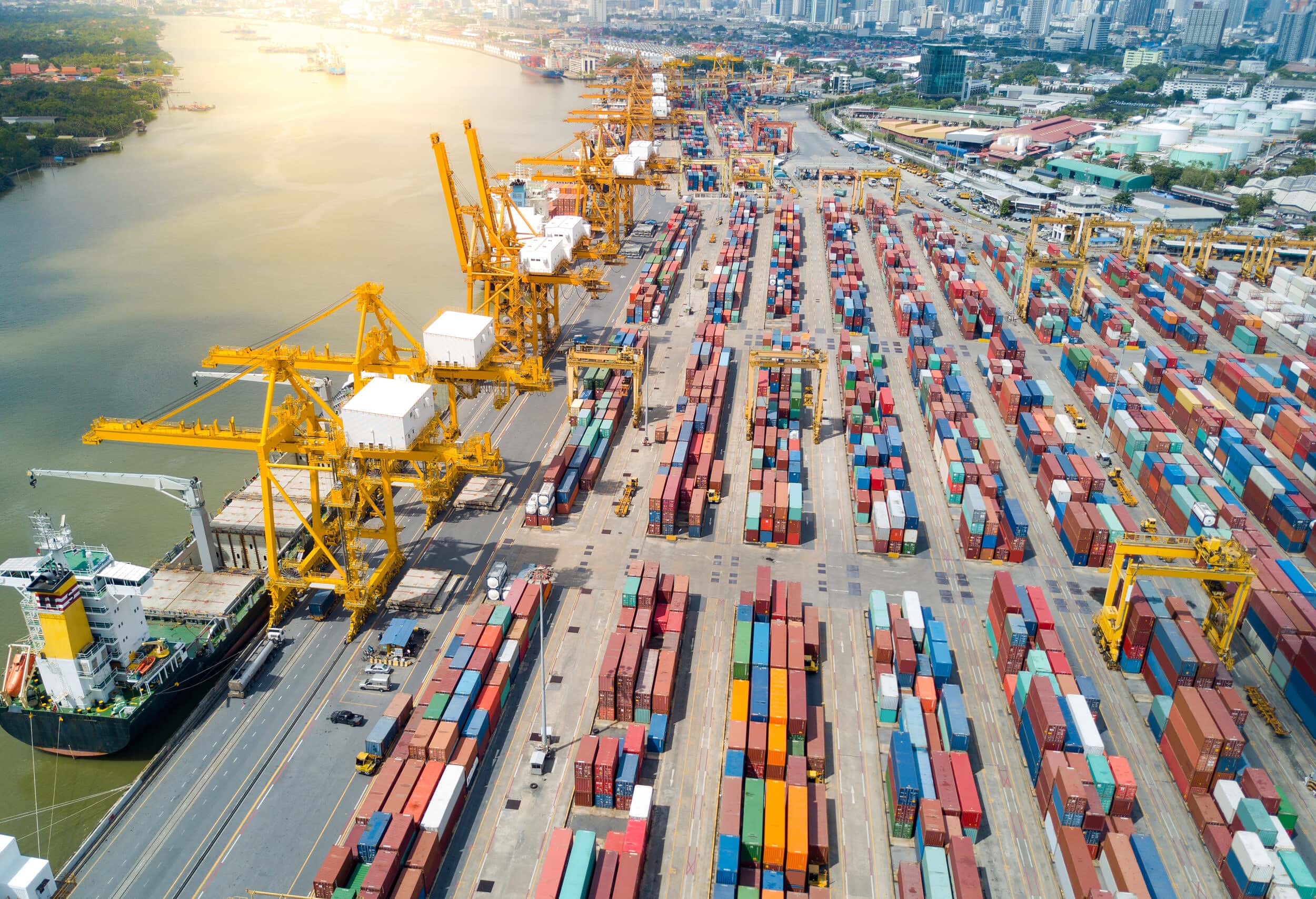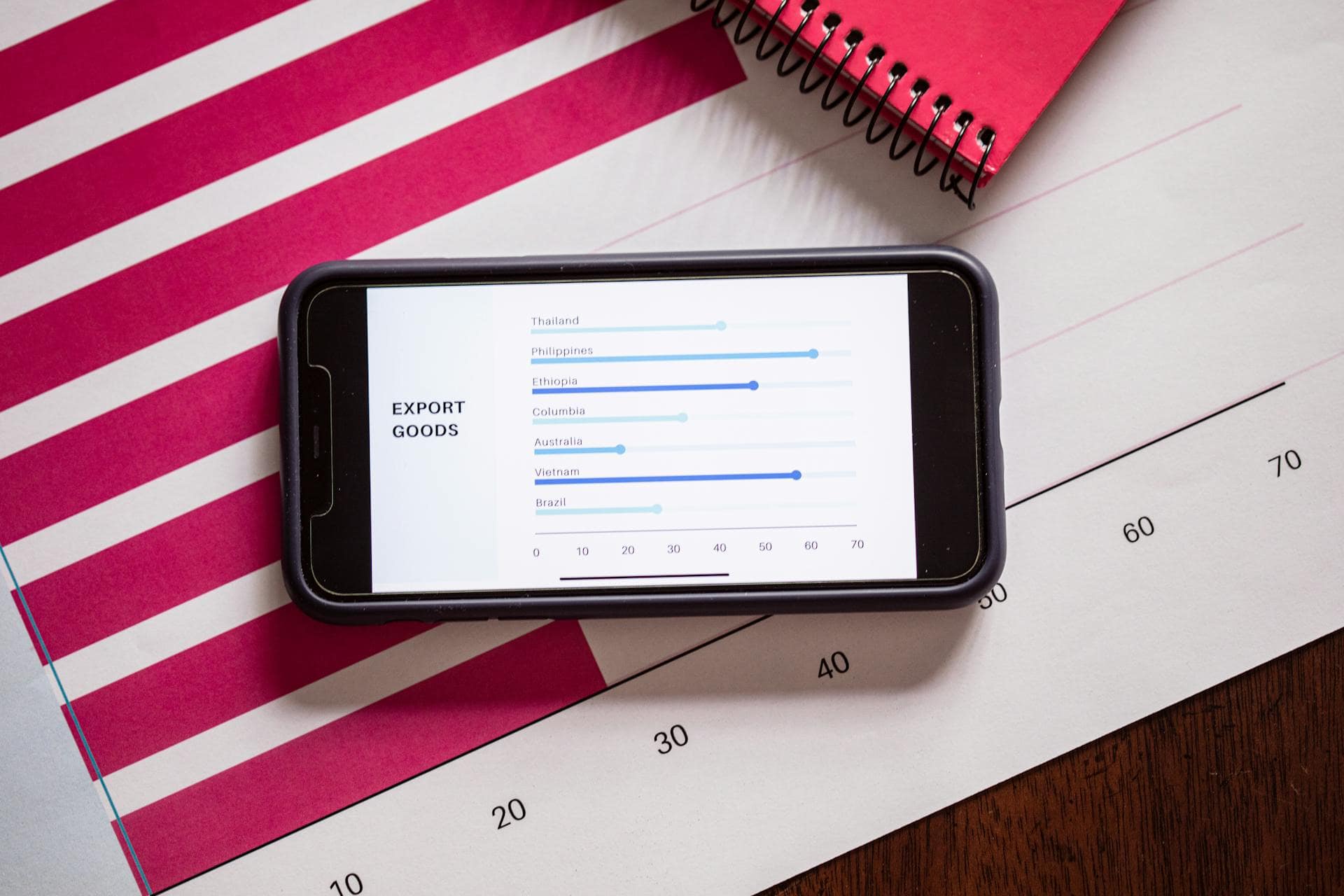Trading globally increases opportunities and profitability for businesses worldwide. Broadening your customer base and building relationships with international companies can take you to the next level.
Global trade is a complex opportunity that can be very profitable if done right. However, a thorough analysis of the risks is necessary before jumping into the deep end.
This article will explore the benefits and risks all companies face when engaging in global trade.
After carefully analyzing these factors, you will be in an informed position to decide whether trading globally is the right decision for your company.
3 Benefits Of Global Trade
1. Grow Your Business With Increased Revenue
Expanding to another market means more customers. And more customers means higher profits.
A 2016 national survey conducted by the FedEx Trade Index found that businesses that expanded globally grew faster and were hiring more employees than businesses that chose not to expand globally.
The data found that 65% of small businesses that trade globally increased their revenue. In addition, those businesses that expand globally were 20% more likely to begin hiring new employees.
2. Beat Your Competition
Trading globally allows your business to broaden its potential customer base.
Locally, businesses can face fierce competition. However, when your business is placed in a foreign market, you have the opportunity to reach new customers and provide a unique product.
You may be entering a market that does not have your product or service; you have a unique position and can offer products or goods unavailable elsewhere.
You may also find resources and labor are less expensive in foreign markets, allowing you to lower your prices domestically to beat your competition.
3. Improve Product Lifetime
Domestically, sales can drop over time as customers lose interest in the product. Your business can provide new versions and upgrades to maintain customers, but eventually, most products face a sales dip.
Expanding globally can allow a business to continue selling a product in foreign markets and weather the dip in sales domestically.
Providing a new product or service globally enables you to expose your product or service to new customers. The buzz created by a new business can attract curious customers who want to learn more about your product or service.
3 Risks Of Global Trade
1. Not Knowing The Laws Of The Land
Entering a new and foreign market usually means entering an unknown legal landscape. Laws differ in each country. One wrong step and your global expansion can fail before it even begins.
Navigating the laws of a country requires a skilled legal advisor. You need to allocate a reasonable amount of time to familiarize yourself with essential business and tax laws.
Identifying a competent and trustworthy local lawyer is a must when expanding to a foreign market. Ensure your expansion is done right the first time to avoid future problems and possible failure.
2. Miscalculating The Risks
Before deciding to expand globally, you need to assess the pros and cons. However, you must also analyze the market you intend to enter and your business goals.
Consider the following:
- Why do you want to expand globally?
- What risks can you foresee?
- Who would you work with? How do you vet them?
- How will expanding globally affect your taxes?
- Will you hire employees internationally?
- Will you handle marketing, or will a partner?
Those are some questions to ask. But there are many other factors you need to research and analyze before you make your final decision.
When considering a partnership, you need to check the business’s reputation and confirm they are above board. This is where many businesses make a big mistake.
How do you perform an in-depth check on a business or individual? First, you need to use a service that is up-to-date and thorough.
Our Watch List Screening software provides a complete audit with customizable parameters, worldwide data sources, and detailed results.
Do not make the mistake of partnering with a failing business or shady individual. Instead, verify you are making the right decision by screening any business, individual, or country.
3. Distant Relationships With Business Partners And Cultural Differences
Every country has its own cultural practices and traditions. Respect and trust are built and displayed differently, depending on the culture. So, before you decide to expand globally, learn about the culture — how the country’s culture impacts its business practices.
Consider:
- How are business deals made?
- What is the culture’s business etiquette?
- Should I hire a translator or coach?
A good rule of thumb is to be patient and observe your clients and partners. Learn about their business etiquette through interaction and, when appropriate, mirror that behavior.
You cannot assume that every culture exhibits the same habits and cues. Approach each interaction with an observant and respectful attitude.
Mitigate Risks By Using OCR
Given the risks and complexities of trading internationally, OCR enables you to avoid common mistakes businesses make when expanding globally.
Our team has over 30 years of proven success in anticipating changes and protecting our clients. Our solutions are easily accessible and trusted by Fortune 500 companies.
Our software streamlines the entire process from beginning to end. We help companies avoid expensive mistakes, unnecessary legal issues, and profit losses.
Learn more about our services by requesting a free product demonstration or consultation today.
Reference links:



